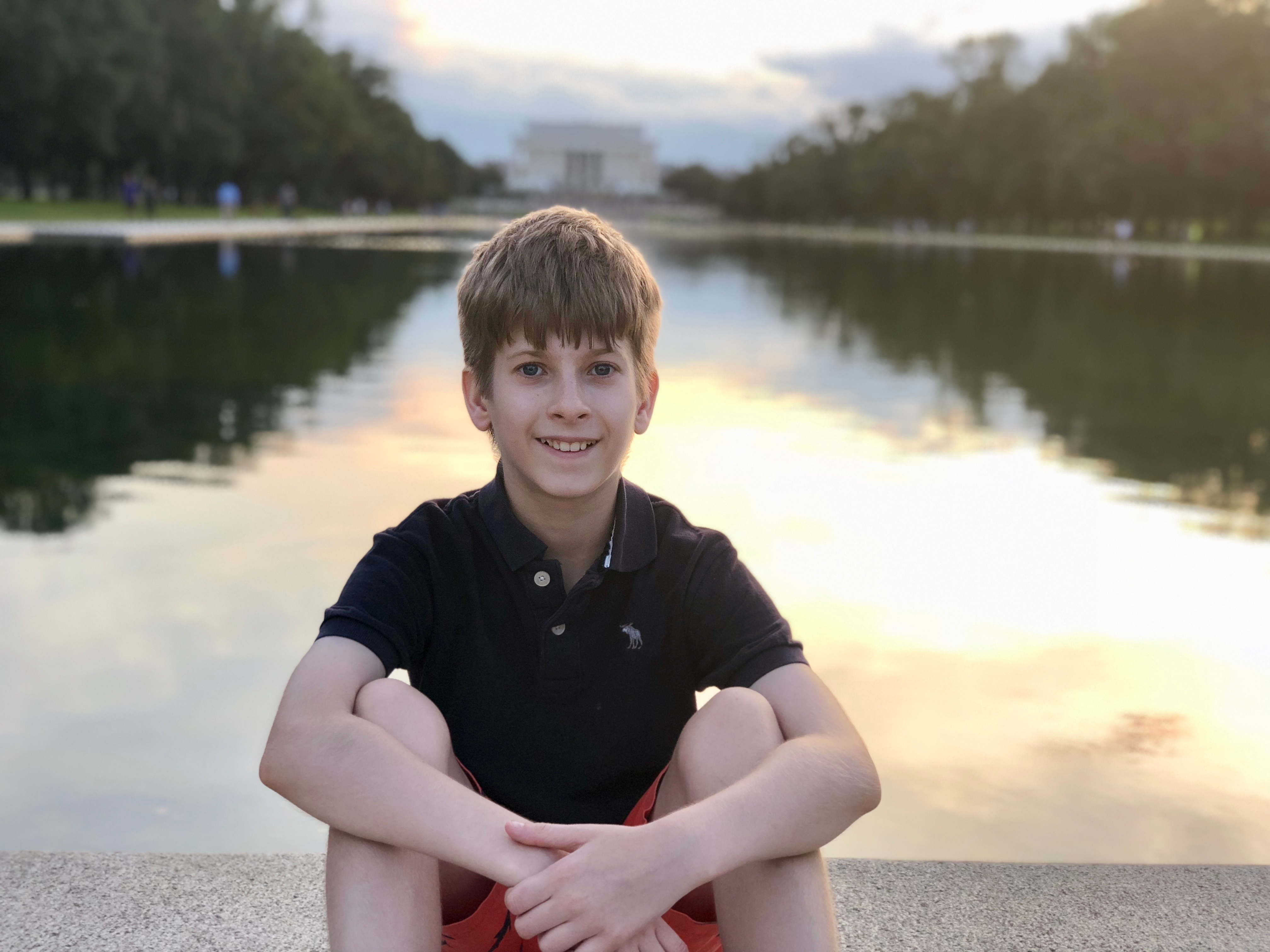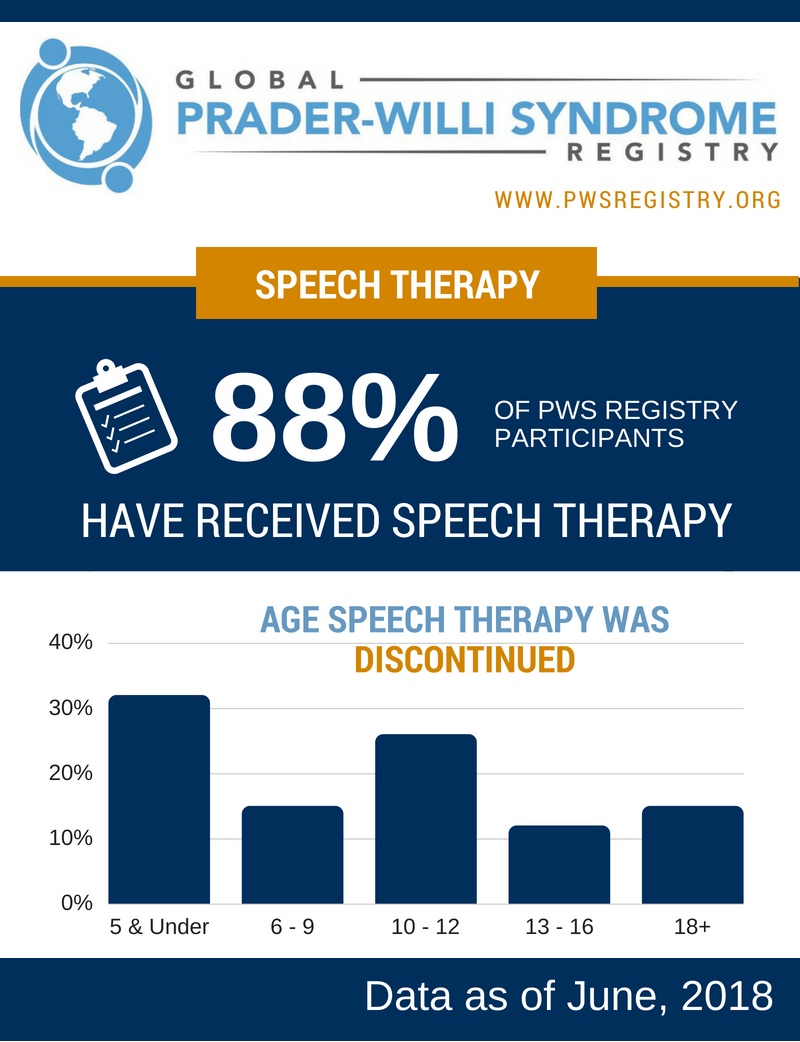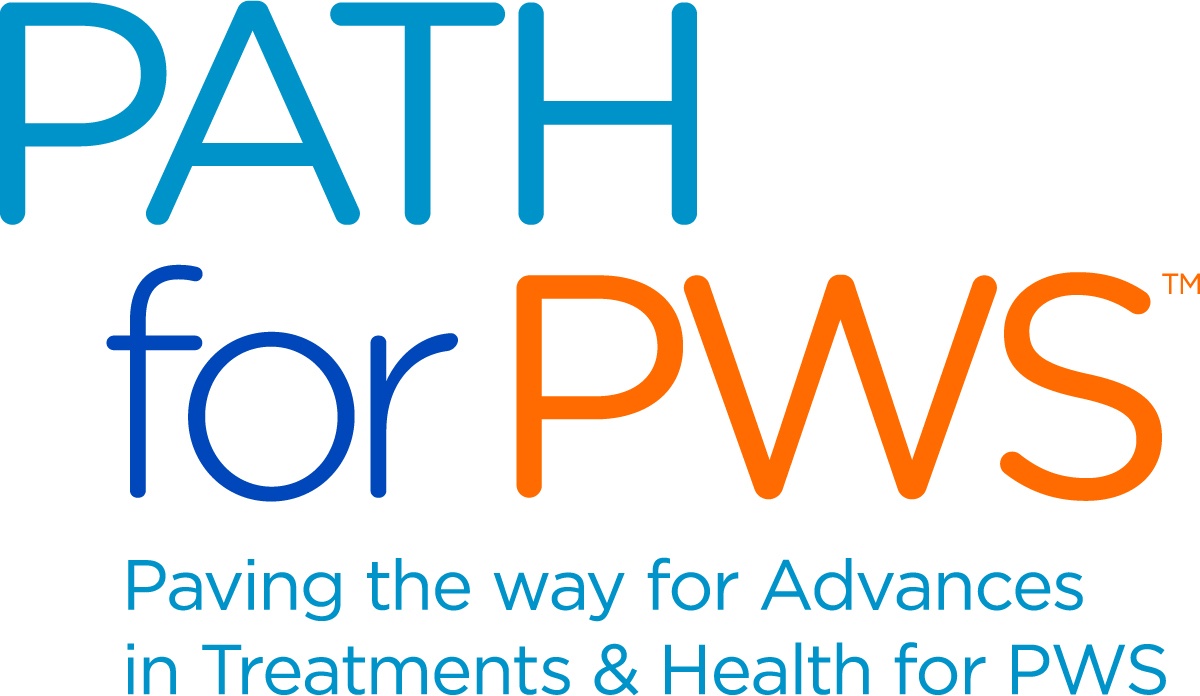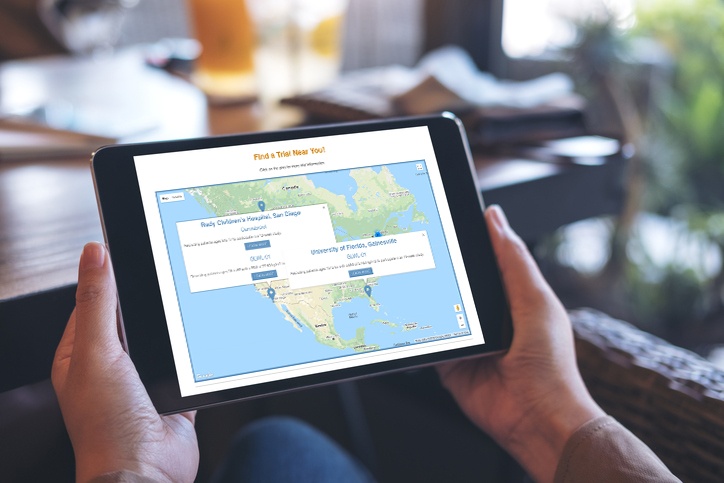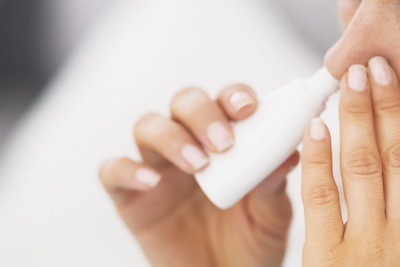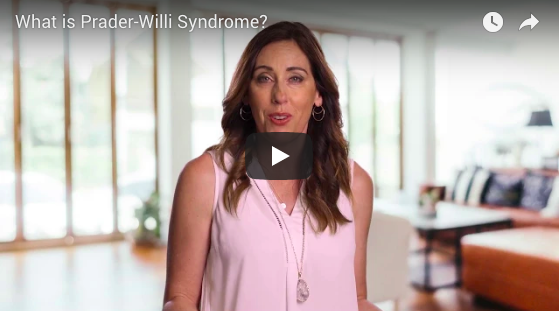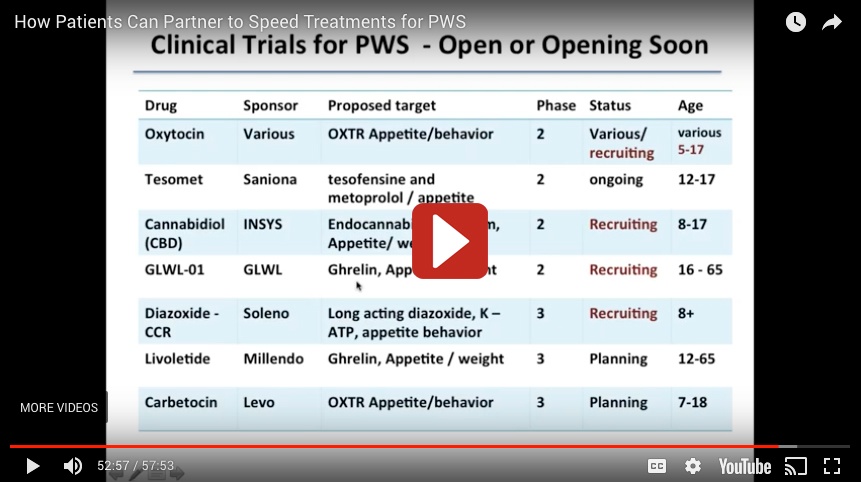Soleno Therapeutics has received an FDA Fast Track Designation for diazoxide choline controlled-release (DCCR) for the treatment of PWS. Soleno is currently conducting a Phase III clinical trial of DCCR for the treatment of PWS. FPWR provided partial...
This guest blog was contributed by Sara Cotter, CEO, Levo Therapeutics. When developing new medicines to treat PWS, companies need to demonstrate meaningful improvements in PWS symptoms. For growth hormone, this was relatively straightforward because...
Topics: Research
Speech requires a complex combination of cognitive processing to quickly find and combine the right words, paired with the physical process of producing sounds. Since PWS impacts a variety of pathways that contribute to speech and sound development, ...
FPWR and Zafgen have partnered to execute a four-year study that will advance the understanding of natural history and medical events in people with Prader-Willi syndrome. The PATH for PWS study (Paving the way for Advances in Treatments & Health...
Topics: News
In our continued commitment to provide information on PWS clinical trials, FPWR is pleased to share our new Interactive PWS Clinical Trial Finder. The latest addition to our clinical trials information page, this interactive map allows caregivers to ...
Topics: News
The results of a Phase 2 clinical trial evaluating carbetocin in PWS have just been published in the journal JCI Insight. The findings of the paper, "Intranasal Carbetocin Reduces Hyperphagia In Individuals With Prader-Willi Syndrome," support the ad...
Topics: Research
In just 3 minutes, FPWR's new video, What Is Prader-Willi Syndrome?, explains the basics of PWS — how it occurs, some of the challenges of PWS, and promising research into treatments. Narrated by Susan Hedstrom, Executive Director of FPWR and the par...
Topics: News
Looking for a quick FUNdraiser this spring? Grab a few friends and de-clutter for donations! Here's how to host a spring cleaning fundraiser for PWS research in 4 easy steps: 1. Ask supporters to donate items to your “garage sale” that they’d ordinar...
Topics: News
On May 15, PWSA-USA and FPWR jointly presented the webinar How Patients Can Partner to Speed Treatments for PWS. The webinar provided important information about PWS clinical trials including: what to expect when participating in a trial, what questi...
Topics: Research




